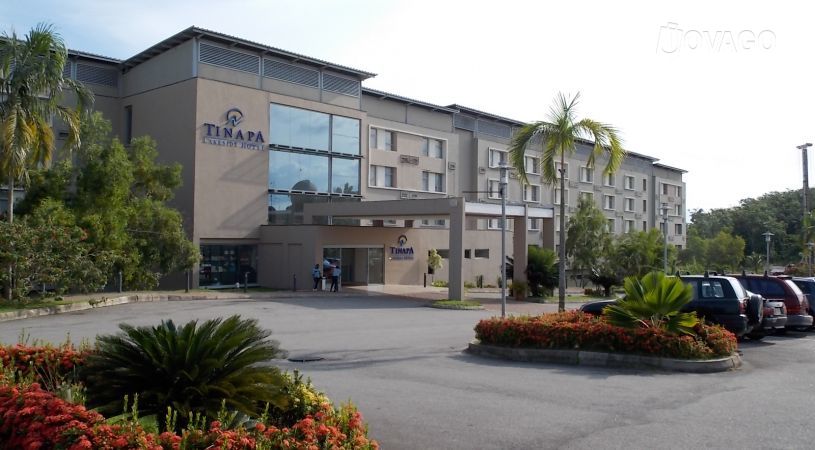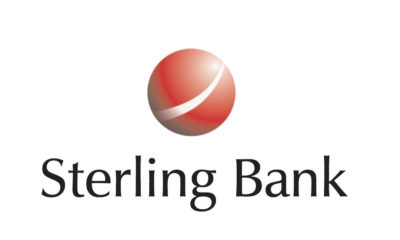World`s Five Largest Hotel Chains Lost $25.2bn in Market Cap Amid Coronavirus Crisis
The coronavirus outbreak has affected every sector across the globe, but the hotel industry is among the hardest hit. Although hotels implemented increased safety and sanitation measures and cautiously reopened for the summer travel season, recovery to pre-COVID-19 levels could take years.
According to data presented by Stock Apps, the combined market capitalization of Wyndham Hotels and Resorts, Choice Hotels International, Marriott International, Intercontinental Hotels Group, and Hilton Worldwide Holdings, as the five largest hotel chains in the world, hit $79.2bn in September, a $25.2bn plunge since the beginning of 2020.
Marriot International Witnessed the Biggest Market Cap Drop in 2020
To curb the spread of the virus, countries across the world have imposed lockdown rules, leading to thousands of canceled vacations, and closed hotels between March and May. Although many of them lifted off travel restrictions in the last three months, the first two quarters of the year produced colossal revenue and market cap drops to the largest hotel chains globally.
The market cap of Wyndham Worldwide, the biggest hotel chain in the world by the number of hotels, stood at $5.89bn in December, revealed the Yahoo Finance data. By the end of March, this figure dropped to $2.93bn. Although the second and third quarter of 2020 brought a recovery, the combined value of stocks of the U.S. corporation, which owns 8,092 hotels, stood at over $5bn in September, an $870 million plunge since the beginning of the year.
The second-largest hotel chain globally, Choice Hotels International, lost $440 million in market capitalization amid the coronavirus crisis. In December 2019, the total value of stocks of the company that owns 7,118 properties amounted to $5.76bn. During the last nine months, this figure dropped to $5.32bn.
However, statistics indicate that Marriot International, the third-largest hotel chain with 5,974 hotels in more than 110 countries, witnessed the most significant drop in market capitalization since the beginning of the year. In December, the combined value of stocks of the Washington-based corporation stood at $49.51bn. By the end of the second quarter, it halved to $24.25bn. Although the company’s market cap recovered to $33.86bn in September, this figure still represents a 31% plunge since the beginning of 2020.
Intercontinental and Hilton Lost $8.3bn in Total Stock Value
Intercontinental Hotels Group ranked as the fourth largest hotel chain globally, with 5,070 hotels across nearly 100 countries. Statistics indicate the market capitalization of the British multinational hospitality company amounted to $12.3bn in December 2019. After falling to $6.2bn in March, it rose to $9.7bn in September, a 21% plunge amid the coronavirus crisis.
The total value of Hilton Worldwide Holdings stocks, the fifth-largest chain of hotels globally, dropped by $5.66bn since the beginning of 2020. In December, the market cap of the hotel group that generated around $9.45bn in revenue last year stood at $30.94bn. After a sharp drop caused by the Black Monday crash, it recovered to $25.28bn in September. Nevertheless, the figure represents an 18% fall since the beginning of the year. Statistics show two hotel groups lost $8.3bn in combined market capitalization amid the coronavirus crisis.


 Forex2 weeks ago
Forex2 weeks ago


 Naira2 weeks ago
Naira2 weeks ago
 Naira4 weeks ago
Naira4 weeks ago
 Billionaire Watch1 week ago
Billionaire Watch1 week ago
 Company News4 weeks ago
Company News4 weeks ago




 Naira2 weeks ago
Naira2 weeks ago




 Naira1 week ago
Naira1 week ago




 Naira4 weeks ago
Naira4 weeks ago















